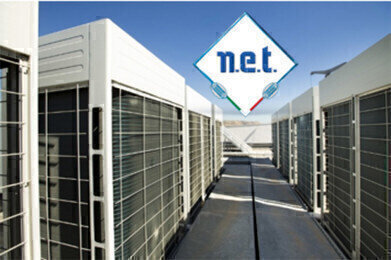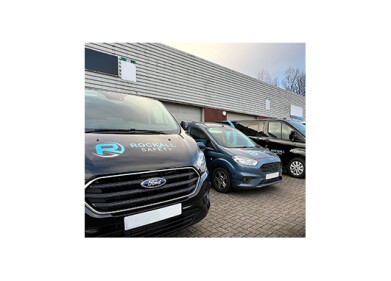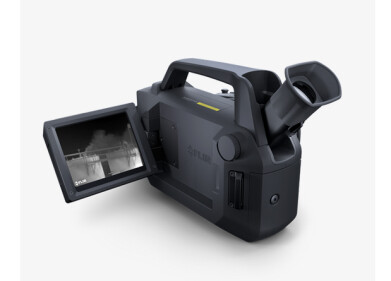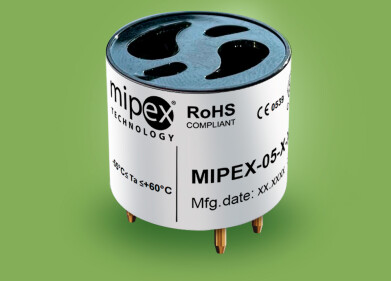Gas Detection
Range of high performance gas sensors tackles latest EU refrigeration gas regulations
Apr 03 2018
Gas detection is becoming increasingly important in the commercial refrigeration business. Concerns for financial aspects, personnel health and safety, climate and environment are making contractors and facility managers searchfor dependable gas detection systems more than ever.
Leaking refrigeration systems not only create losses of expensive gases that will have to be refilled, but pose serious risks for the personnel involved (as most refrigerants are toxic, explosive or may cause oxygen depletion) and the environment (due to their global warming and ozone depletion potential). Leakages may also result in damaged stored goods and fines related to existing laws and regulation.
Most of the gases used in refrigeration systems are dangerous to humans. Carbon Dioxide (CO2) displaces oxygen, causing asphyxiation and affects respiratory capacity. Ammonia (NH3) can be lethal at high concentrations and its use is subject to EN 378:2008 (seenext paragraph). Hydrocarbons (HC) such as butane and propane are flammable and its use is subject to EN 378:2008 (seenext paragraph). Finally, fluorinated gases (CFCs, HCFCs, HFCs) displace oxygen causing asphyxiation as well as having serious environmental impact. CFCs have, in fact, been phased out and they are not commercially available nowadays even though older plants may still have them in their system.
The European Union has introduced two harmonised regulations for the refrigeration industry, the F GAS Regulation EU 517/2014 and the European Standard for Refrigeration Industry EN 378:2016. The former, legally binding, is an environmental law aiming to reduce emissions of fluorinated greenhouse gases covered by the Kyoto Protocol (as HFCs, PFCs and SF6), making leaking detection mandatory for most systems. The latter outlines requirements for construction and refurbishment of refrigeration systems, explicitly mandating the presence of gas detection systems under given conditions.
N.E.T.has developed a range of gas sensors, based on their IREF NDIR technology, for this market that are unsurpassed for performance and reliability.
Check N.E.T’s dedicated post to read more about the many advantages (https://ilmt.co/PL/l3yx)
Digital Edition
IET 34.2 March 2024
April 2024
Gas Detection - Biogas batch fermentation system for laboratory use with automatic gas analysis in real time Water/Wastewater - Upcycling sensors for sustainable nature management - Prist...
View all digital editions
Events
Apr 30 2024 Melbourne, Australia
Apr 30 2024 Birmingham, UK
May 03 2024 Seoul, South Korea
May 05 2024 Seville, Spain
May 06 2024 Minneapolis, MN, USA


















